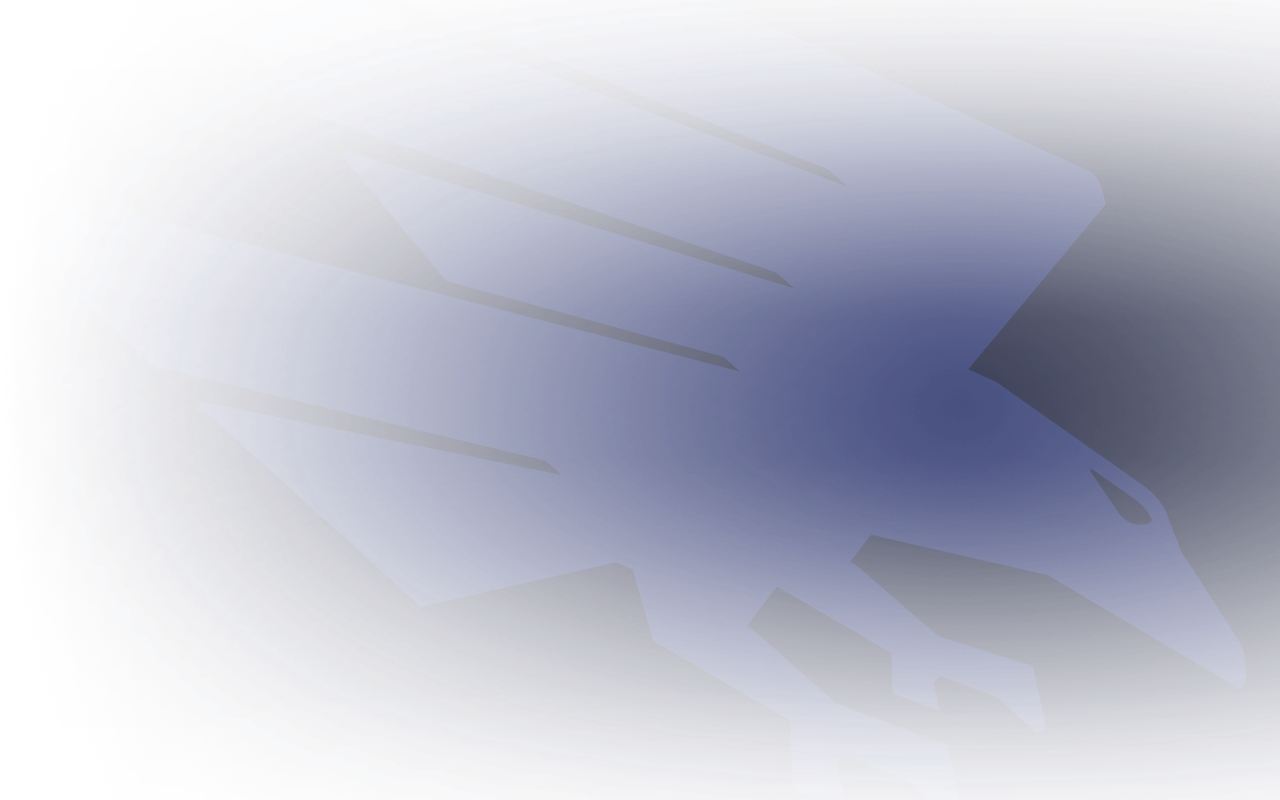In its prime, State of Origin was a fierce rivalry that divided states and transcended clubs for a one-off spectacle of Australian Rules Football.
The game’s absolute greats battled head-to-head in front of packed crowds and huge television audiences over the 22-year life of the State of Origin competition.
But the expansion of the AFL during the 1990s and the increasing professionalism of club duties made it difficult for State of Origin to retain its place in the AFL fixture. Interest slowly waned, and 1999 signaled the end of the format.
The Hall of Fame tribute match in 2008, which pitted Victoria against a ‘Dream Team’ captained by Crows legend Andrew McLeod, has been the AFL’s only experiment with representative football since.
The NRL continues to enjoy great success with its own State of Origin competition which often raises renewed calls among the AFL community to revive the traditional format.
Former Victorian player Dale Lewis remembers State of Origin football fondly.
“We lack that one event during the year that brings us all together and where we get to watch the best versus the best. Without a doubt, I still get chills even thinking about it, whenever you mention it,” Lewis said.
“To have Victoria play South Australia at Adelaide Oval on say a Friday night or a Saturday night on a bye weekend would just be unbelievable.”
Whilst the prospect of State of Origin returning ignites a spark in former players such a Lewis, he admits the logistics of it making a return in the modern AFL environment would be nothing short of a “miracle”.
Former SANFL administrator Leigh Whicker echoed Lewis’ sentiments and acknowledged that a return to the glory days of State of Origin is unlikely.
“Whilst we always dream, I think in reality it is going to be very difficult to take the next step,” Whicker said.
Crows ruckman Sam Jacobs said the commitment to the premiership season campaign remains the biggest obstacle for clubs, coaches and players in resurrecting State of Origin.
Difficulties include the potential for injuries, training commitments and scheduling in an AFL season which almost becomes bigger and bigger with every season.
“Club footy is obviously No.1,” Jacobs said.
“In the AFL, that’s what we’ve always grown up with, wanting to win the premiership and you don’t want to jeopardise that in any way.”



